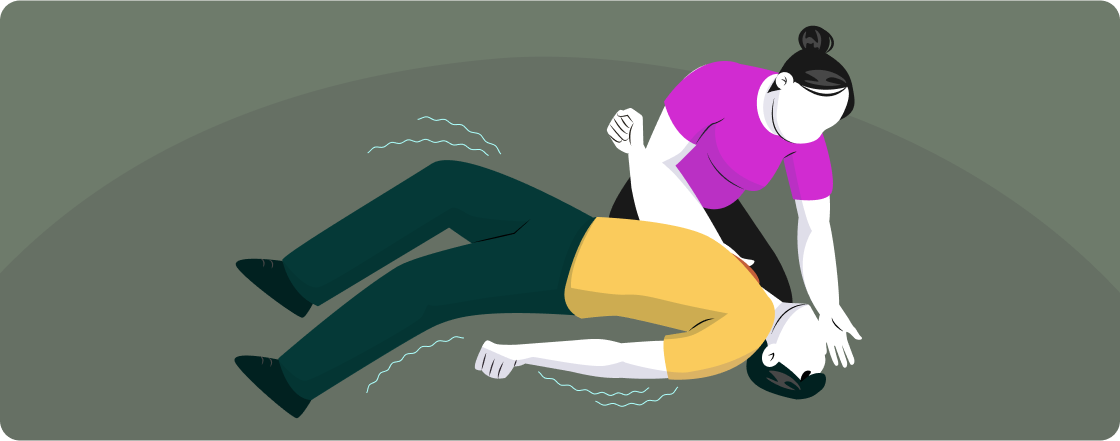
Warning Signs of Alcohol Poisoning and When to Seek Help
Alcohol poisoning is a serious and potentially fatal consequence of drinking large amounts of alcohol in a short period. Despite its severity, many people overlook the signs, thinking the person just needs to “sleep it off.” But knowing how to recognize alcohol poisoning and when to seek help could save a life.
What Is Alcohol Poisoning?
Alcohol poisoning occurs when the bloodstream contains so much alcohol that it starts to shut down vital life functions—like breathing, heart rate, and body temperature regulation. According to the Centers for Disease Control and Prevention (CDC), alcohol poisoning kills six people every day in the U.S. Most of these deaths are the result of binge drinking.


Physical and Mental Symptoms to Watch For
The symptoms of alcohol poisoning can escalate quickly. Look for signs such as:
- Confusion or stupor
- Vomiting repeatedly or uncontrollably
- Slow or irregular breathing (fewer than eight breaths per minute)
- Seizures
- Cold, clammy skin or bluish lips and fingertips
- Unconsciousness that you can’t wake someone from
These are all indicators that emergency medical help is needed immediately. Call 911—don’t wait for the person to “sleep it off.”

Understanding the Impact of Binge Drinking
Binge drinking is defined by the National Institute on Alcohol Abuse and Alcoholism (NIAAA) as consuming enough alcohol to bring your blood alcohol concentration (BAC) to 0.08% or higher. For men, this typically happens after five drinks in two hours; for women, four. The effects on the body and brain can be swift and damaging, particularly in younger people or those with underlying health conditions.

When Alcohol Detox Becomes Life-Threatening
For individuals with chronic heavy alcohol use, alcohol detox itself can be life-threatening if not medically supervised. The body becomes physically dependent, and withdrawal symptoms—like tremors, seizures, or delirium tremens (DTs)—can be fatal without proper care. If someone has a history of prolonged alcohol use and wants to stop drinking, it’s essential that they detox under the supervision of a medical team.


Why Medical Detox Is So Important
Medical detox facilities are equipped to monitor and manage withdrawal symptoms, provide fluids and medications, and ensure safety during this vulnerable time. Detox is not just about abstaining from alcohol—it’s about stabilizing the body to prepare for recovery. Seeking professional help from a detox center can be the difference between a safe transition and a life-threatening situation.









